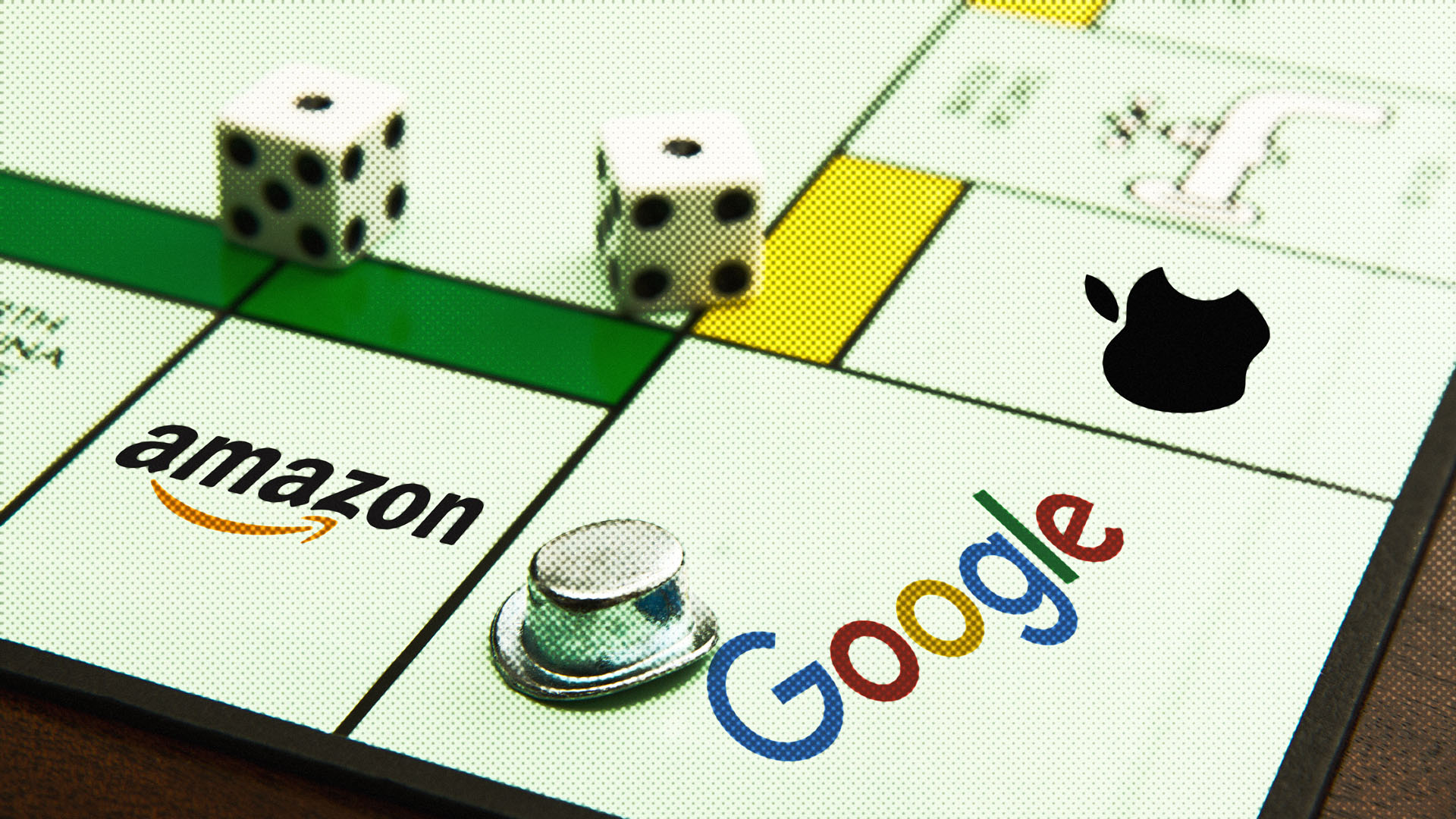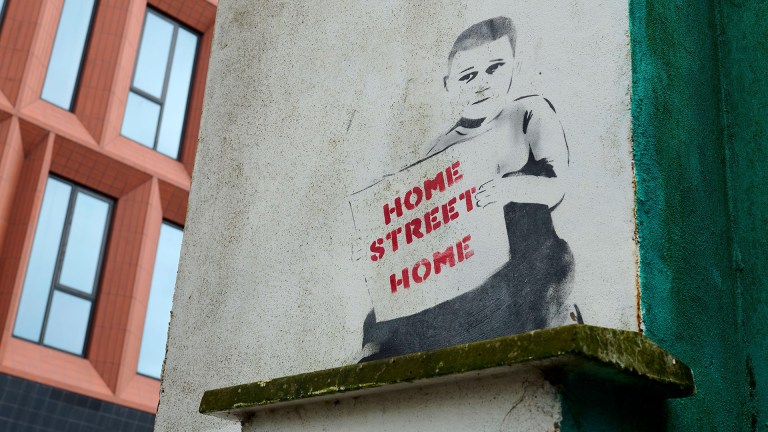The past year has been dubbed “amazing” for the rich – and meanwhile we have an ongoing cost of living crisis that’s been squeezing households across the country, and the world. For the first time in a quarter of a century, global poverty and extreme wealth have been rising simultaneously – this is not mere coincidence, but interrelated.
The reality is, the very factors that have made most people poorer are the same that have made the rich, richer. Fossil fuel corporations make billions as bills rise; as food prices go up, new food billionaires have been created. Global events, such as Russia’s invasion of Ukraine, and the Covid-19 pandemic, certainly contributed to initial price rises. However, a recentOxfam report shows that, “not only are companies passing increased input costs onto consumers, but they are also capitalising on the crisis, using it as a smokescreen to charge even higher prices.”
In basic terms, this means higher prices for ordinary people – which are then translated into massive profits for shareholders. Food and energy giants paid $257bn to their shareholders in 2022 – that’s 84% of their windfall profits flowing directly to shareholders. When you understand the role of ‘greedflation’ in driving the cost of living crisis, it’s no surprise we’ve seen 141 new billionaires created in 2023 – the greatest number ever. Essentially, the rich are getting richer – at the collective expense of ordinary people across the world.
Get the latest news and insight into how the Big Issue magazine is made by signing up for the Inside Big Issue newsletter
And this isn’t the case of small businesses doing what it takes to survive. The largest companies – like Amazon, Google and Apple – mark up their prices the most. The top 20, many of which are owned or controlled by the top 20 billionaires, mark up their prices by an average of 50%, double the average for smaller companies, and this has been rising steeply in recent years.
This is only possible due to monopoly power. In almost all sectors of the global economy, just a few large companies dominate with extraordinarily large market shares. For example, just four companies control an estimated 70-90% of the world grain market. This lack of competition means companies can set prices as high as they like, while at the same time squeezing their suppliers; they enjoy sky-high profits, and the rest of us have literally no other choice.









